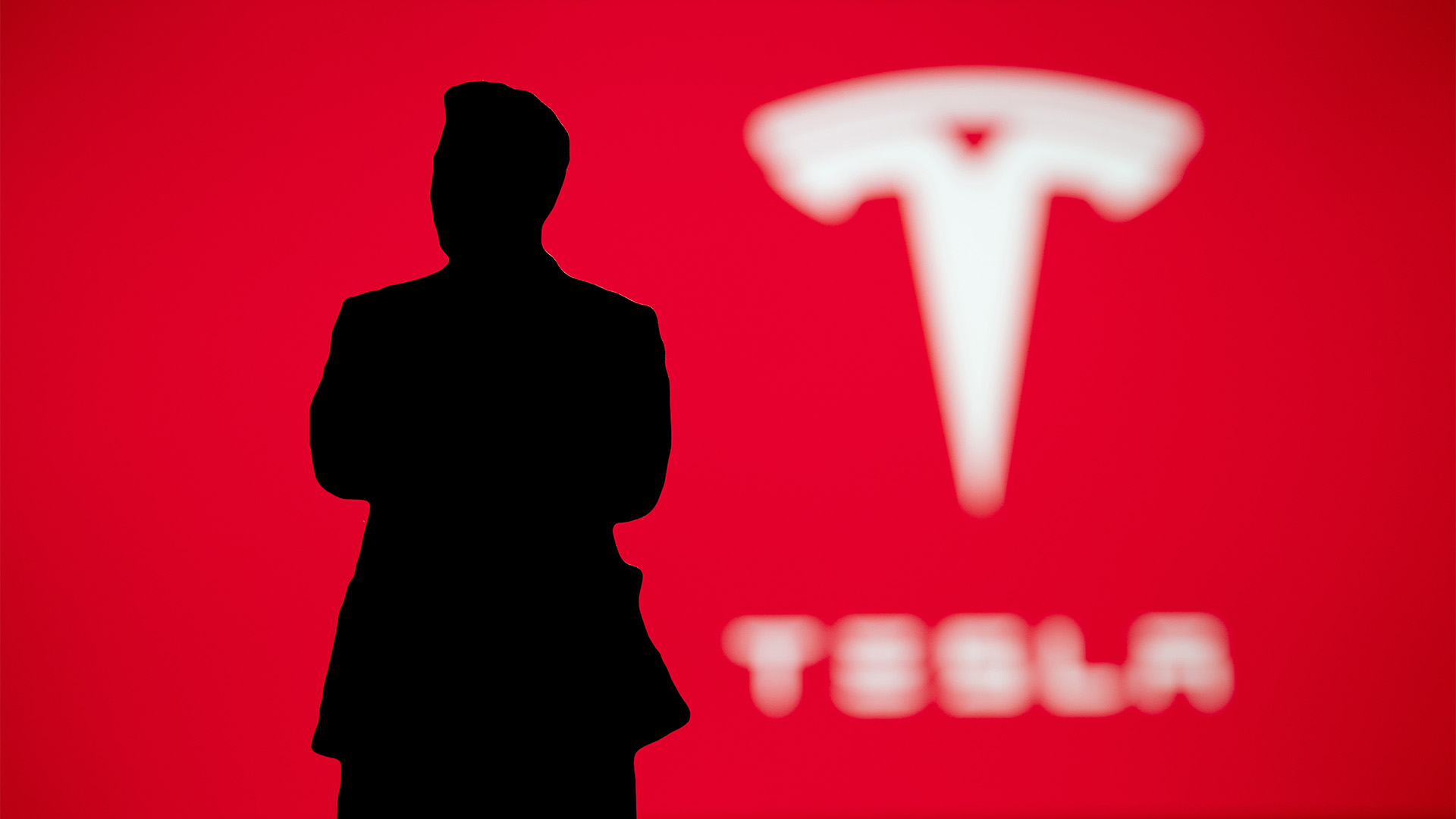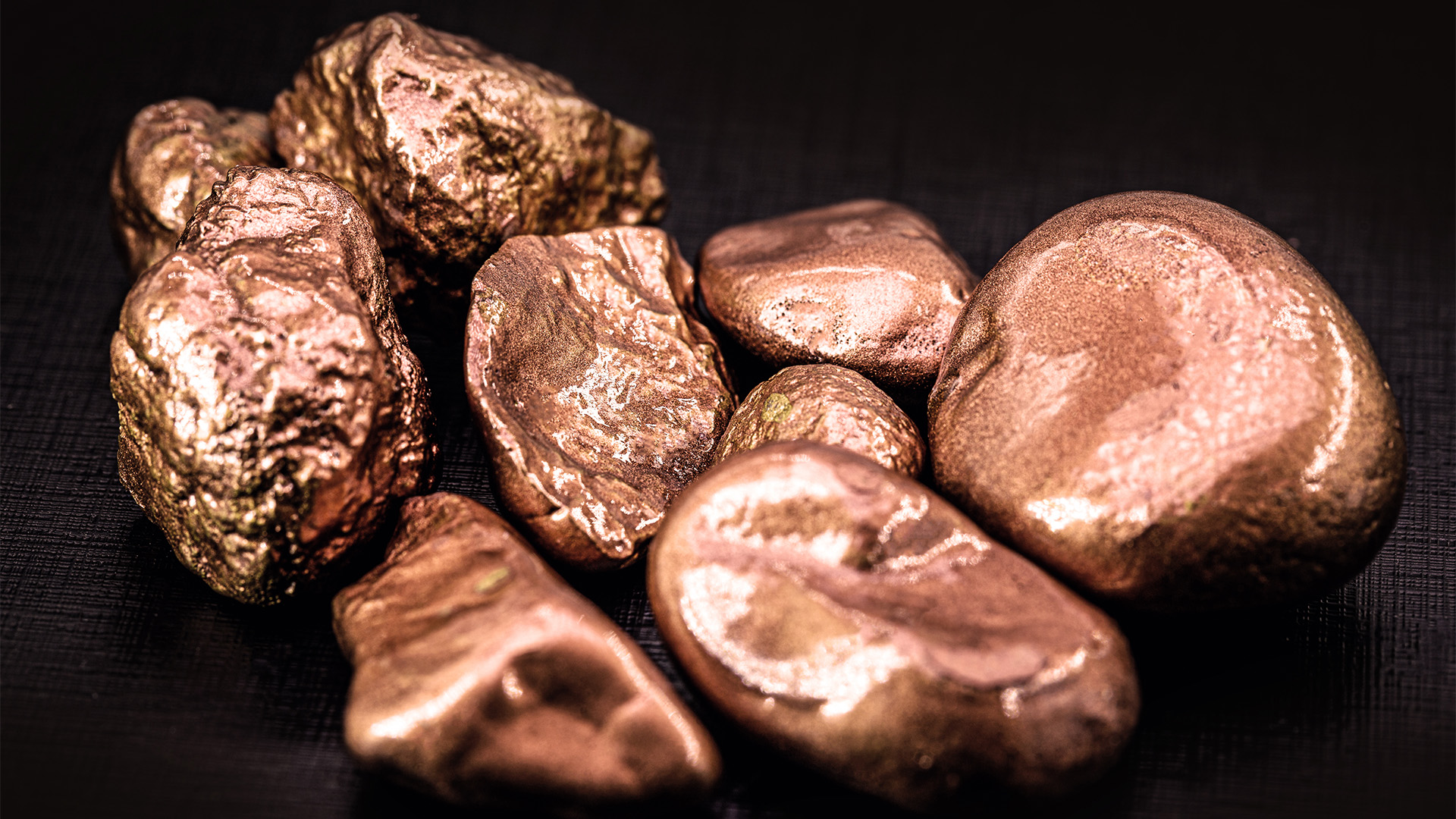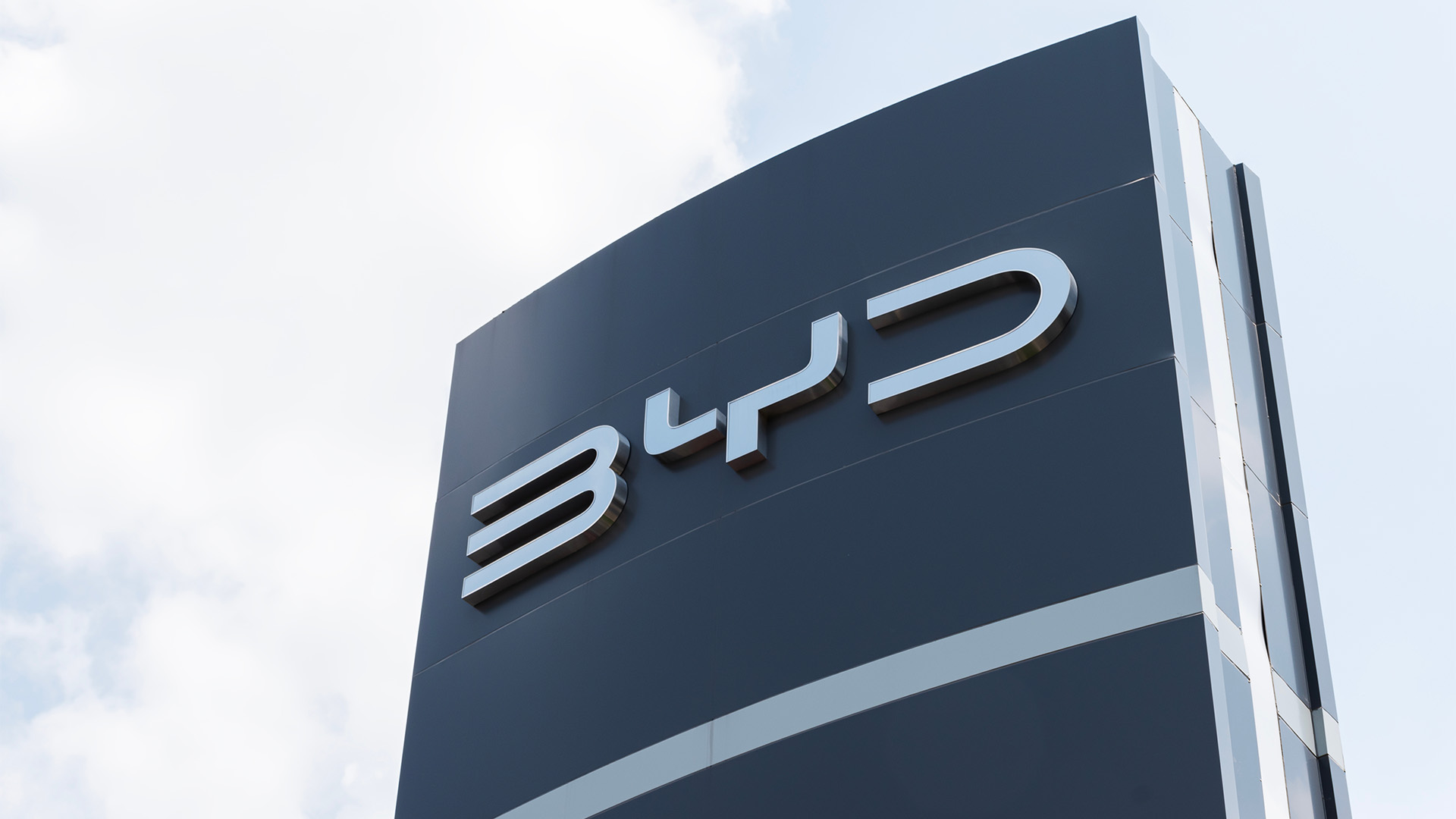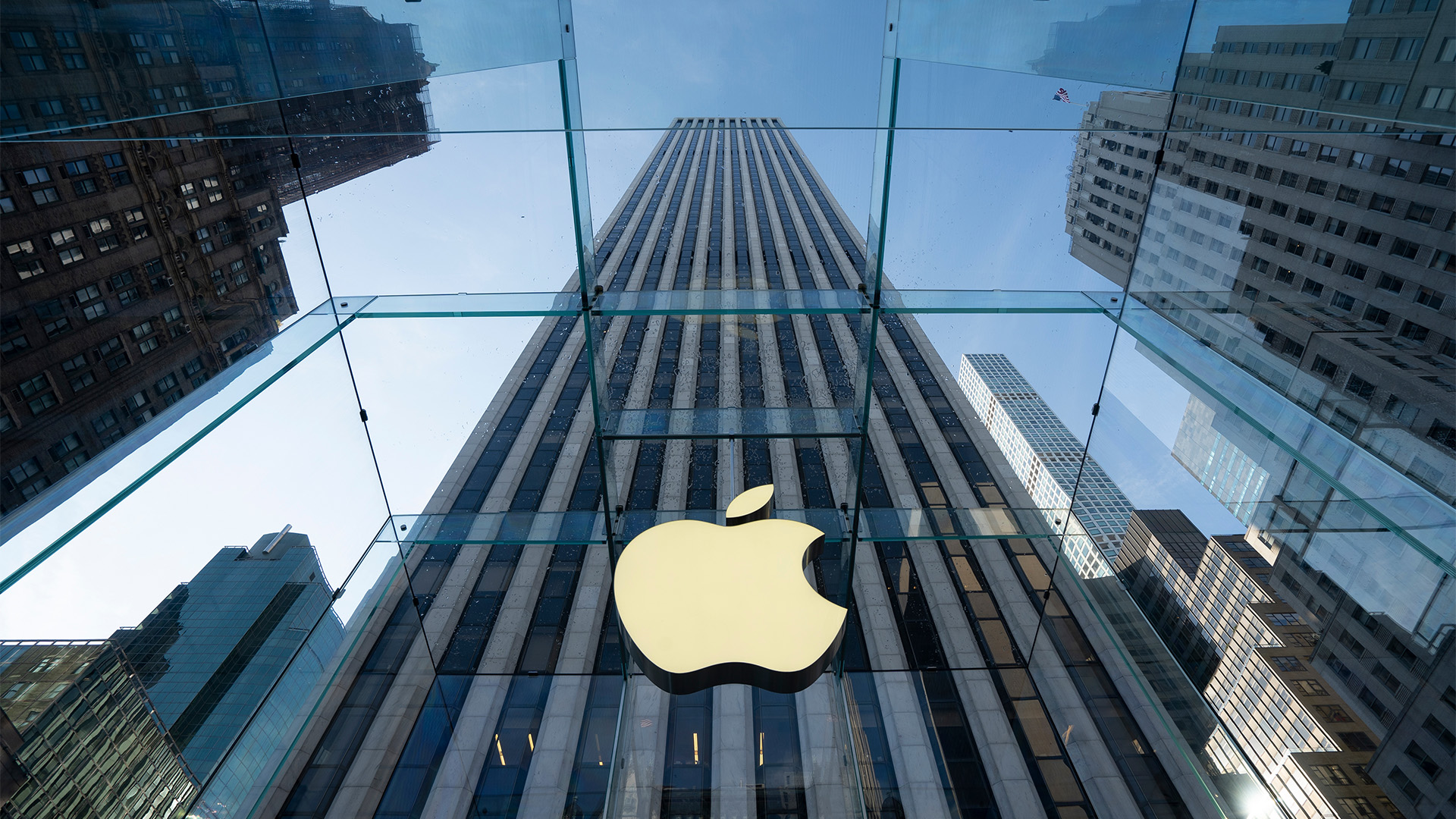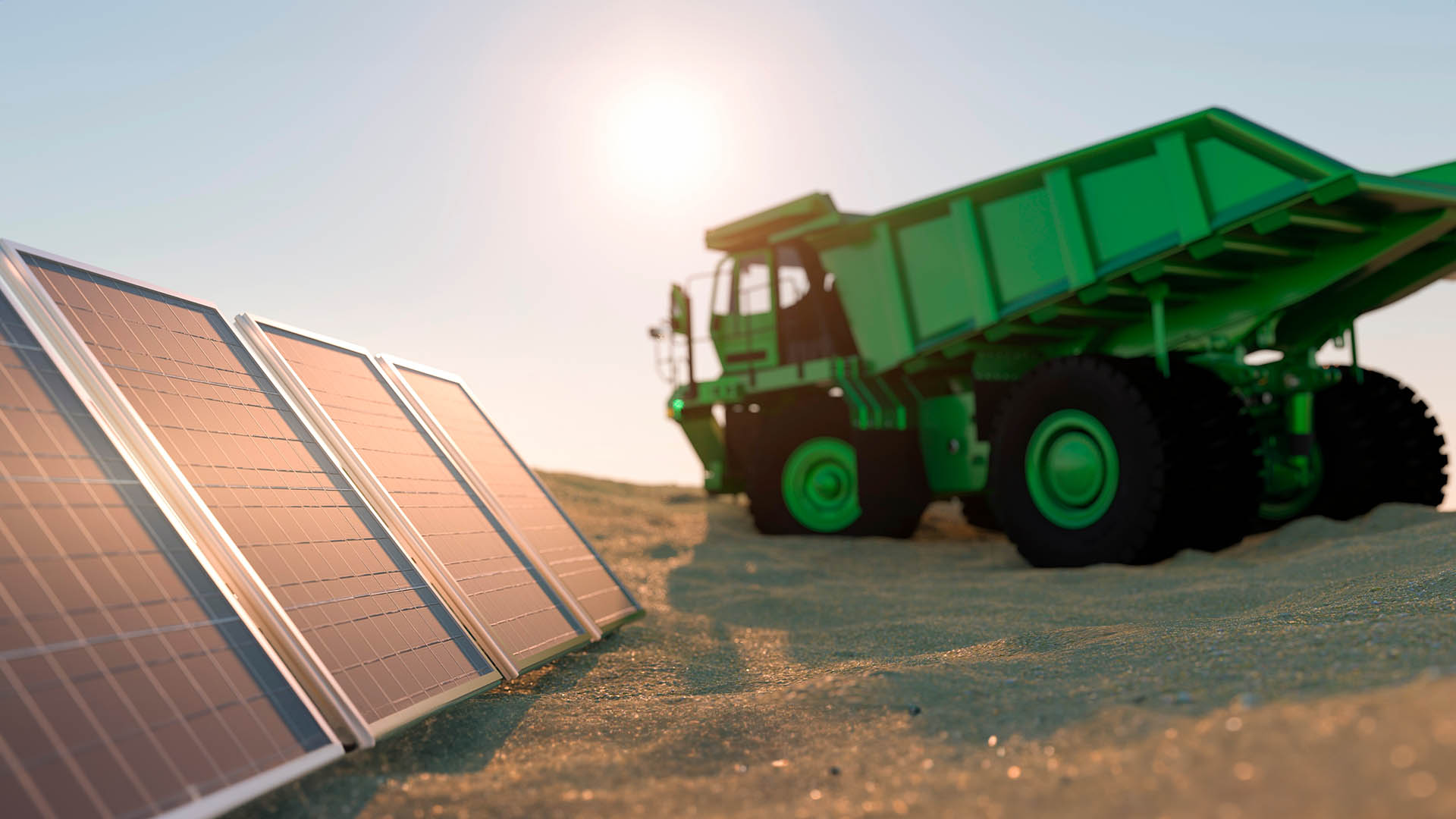January wasn’t the happiest of months for Tesla or Elon Musk.
The shares fell more than 24% for all sorts of reasons: the antics of the CEO, weak sales, warnings of weaker sales growth in 2024, and at the end of the month, the court decision in Delaware invalidated the company’s board decision from 2017 to accede to the CEO’s demand for a $US56 billion share package.
But limited sales data for the month show that investors were right to worry about the company’s performance. In South Korea, Tesla sold just one vehicle in January, according to sales data. The reasons?
Well, worries about cars made in China, concern about batteries after a big apartment fire late last year, and a lack of fast chargers in South Korea, unlike in the US and China.
It was the worst month since July 2022 when no Teslas were sold in the country, according to Bloomberg.
In Australia, something went wrong, and the number of Teslas arriving in Australia fell. There’s talk one car carrier was sent back to China for an unknown reason. But that meant Chinese rival BYD, which became the biggest selling battery EV company in the world in the final quarter of 20230, topped Tesla here.
The drop-off in available Teslas meant EV sales in Australia fell for the month as well. There were reports of compliance problems with its child restraints, according to industry reports.
Tesla saw a 66% drop in sales for the month to 1,107 units while BYD moved to the top spot with 1,310 units sold here.
The January sales report from the Federal Chamber of Automotive Industries shows that 4,893 battery EVs were sold in Australia in January, a slight rise over the same month last year when 4,852 were sold.
But January’s figure was down 27.6% from December’s 4,893 units because rebates ended on December 31 in NSW and South Australia.
And China also underwhelmed for Tesla in January.
The China Passenger Car Association (CPCA) says Tesla sold 71,447 China-made vehicles in January, up 8.17% from 66,051 a year earlier but down 24.1% from 94,139 in December.
The sales include those sold in China as well as those exported to overseas markets from the Shanghai plant.
The rise from January last year was encouraging as other car makers and the industry generally had the same experience.
January 2023 saw sales of all vehicles fall sharply because the Lunar New Year fell in the month and the week-long holiday usually makes a dent in activity, and January was also the first month after government subsidies for new energy vehicles (NEVs) ended on December 31, 2022.
A four-month slide in sales of new energy vehicles of NEVs (Battery-powered and plug-in hybrids) saw the subsidies restored and extended until 2027. Some subsidies were reshaped at the end of 2023 for 2024 and 2025 to exclude ultra-luxury models.
Note: Tesla shares are up more than 6.5% since bottoming at $US175.71 on Monday of this week in what is the best performance this year so far. Some US analysts wonder if this is a portend for bad news, such as rumored job cuts in the US and Europe?


